lands
Territories and Vineyards
La Sala del Torriano is a certified organic winery, consists of two distinct bodies: Il Torriano, located in Motefiridolfi, along the beautiful panoramic street between Bibbione Castle and Tenuta Tignanello, and La Sala, not far from Il Torriano, in a little district called Ponterotto. Both are located within San Casciano Val di Pesa, near Florence.
Il Torriano
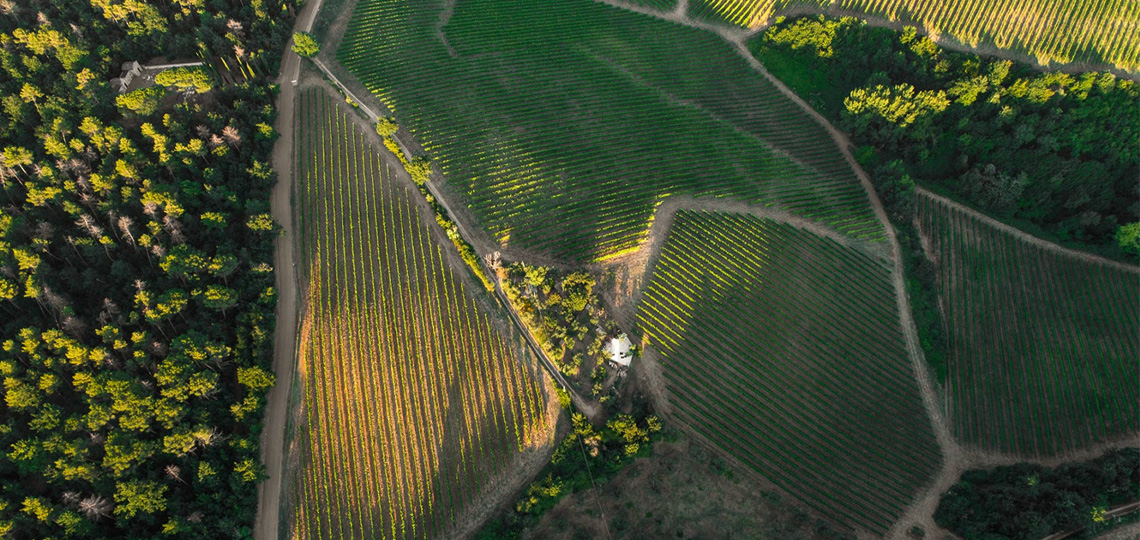
EXTENSION OF THE VINEYARD IN HECTARS
AREA REGISTERED IN CHIANTI CLASSICO IN HECTARS
OLIVE TREES ARE THE TYPICAL TUSCAN VARIATY LIKE MORAIOLO, LECCINO AND FRANTOIO
The land of Il Torriano is located near Montefiridolfi, at an altitude of over 300 meters with east / south-east exposure.
These are very suitable soils for wine growing also thanks to a homogenous component of alberese limestone, galestro schist and massiccio del Chianti sandstone.
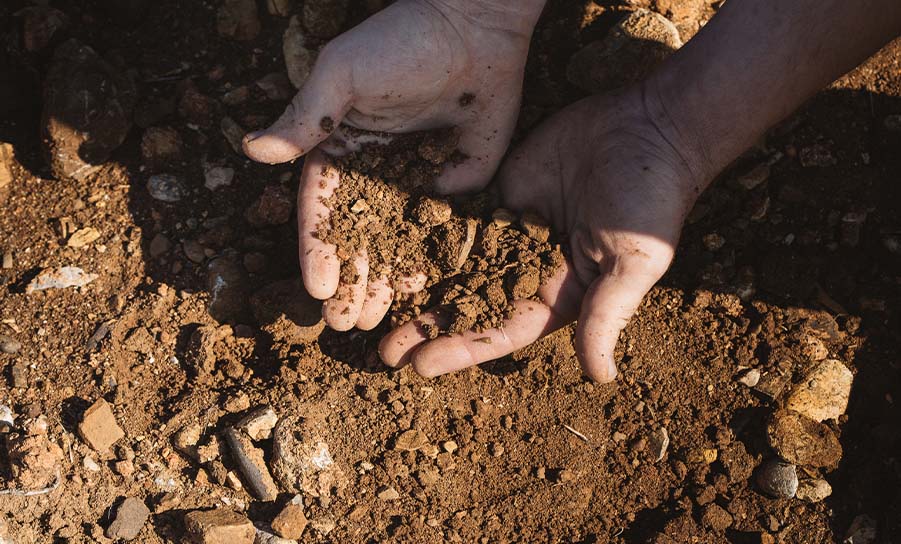
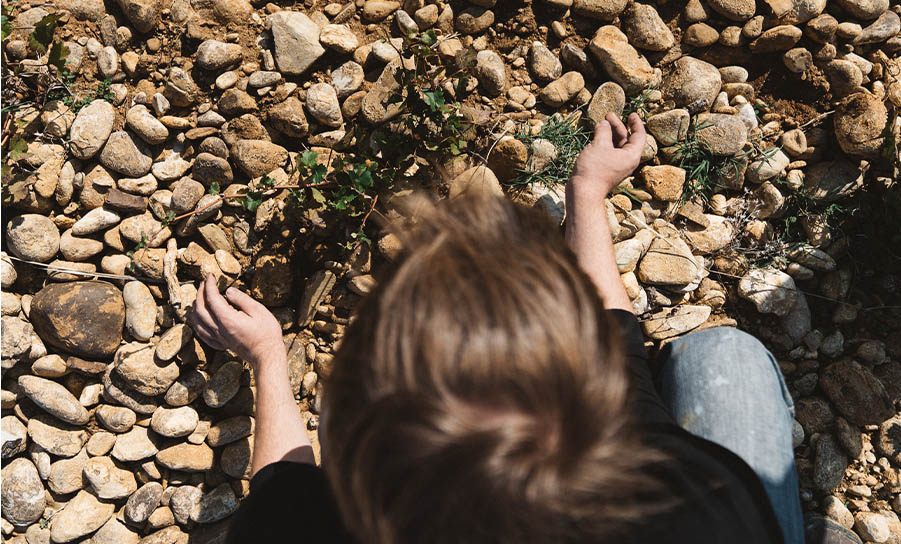
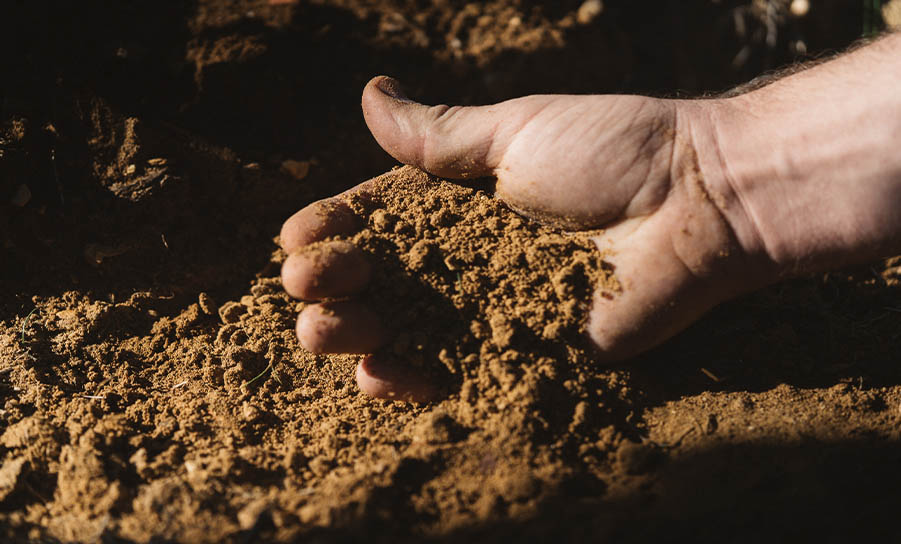
Alberese limestone is a calcium carbonate that tends to decrease the acid component of Sangiovese, making the wine naturally more enveloping in the mouth.
Galestro schist is a clay, rich in potassium. It contributes to the saline perception of the wine.
The “macigno del Chianti” is a sandstone which instead increases the acid component of the soil and consequently of the wine.
These three components balance each other, making wines naturally balanced harmonious and rich in polyphenols. Moreover, the earth takes on reddish nuances thanks to a small presence of iron oxides and darker shades due to the presence of manganese: two elements that give the wine minerality and body.
La Sala
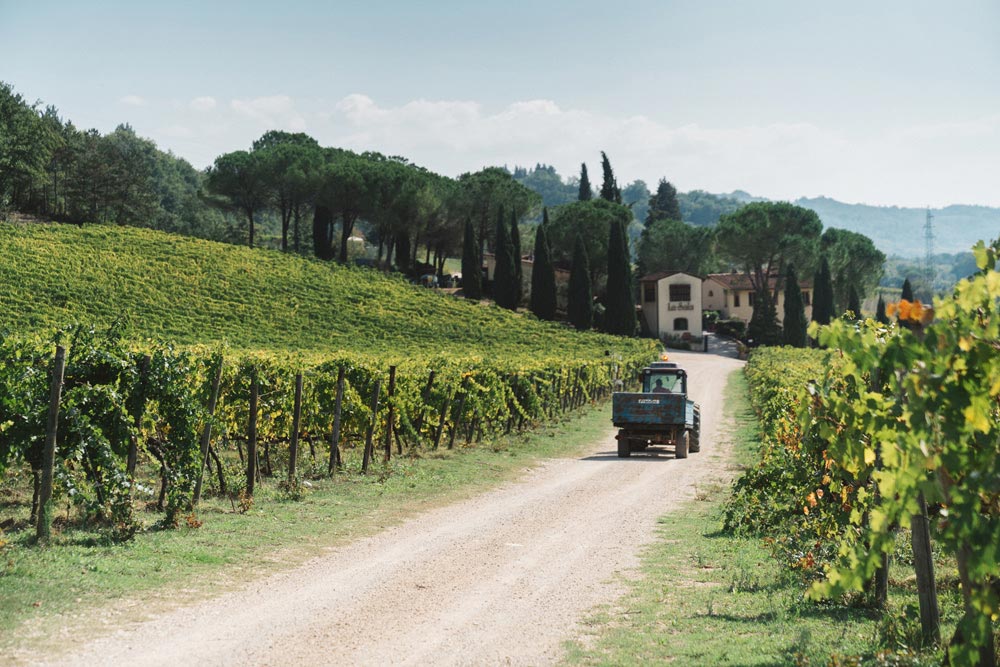
La Sala is where the winery is located. The surrounding vineyards have their roots in homogeneous, medium-texture soils of alluvial nature and rich in very fine gravel and alberese limestone. In some places the soils are entirely calcareous. The altitude ranges is from 150 to 200 masl with mainly a south – west exposure.
The wines obtained from La Sala are particularly fresh and fruity, immediate, while those from from in the Il Torriano vineyards are more structured, long-lived and multifaceted.
The complementarity of the two different soils and microclimates allows to obtain wines with a strong territorial identity, great balance and elegance.
Bioenology
La Sala del Torriano is certified organic. Respectful of the Chianti Classico tradition and the environment, our grapes grow without the aid of synthetic chemicals such as herbicides, fungicides, insecticides, pesticides in general and without the use of genetically modified organisms.
Instead, we fertilize our land with organic manure of verified origin from non-intensive farms to ensure the presence of the microorganisms that inhabit the land. We also use weather stations inside the vineyards, powered by photovoltaics connected to the Piacenza University’s software, to allow the study and the development of epidemiological models to reduce the interventions like the use of copper.
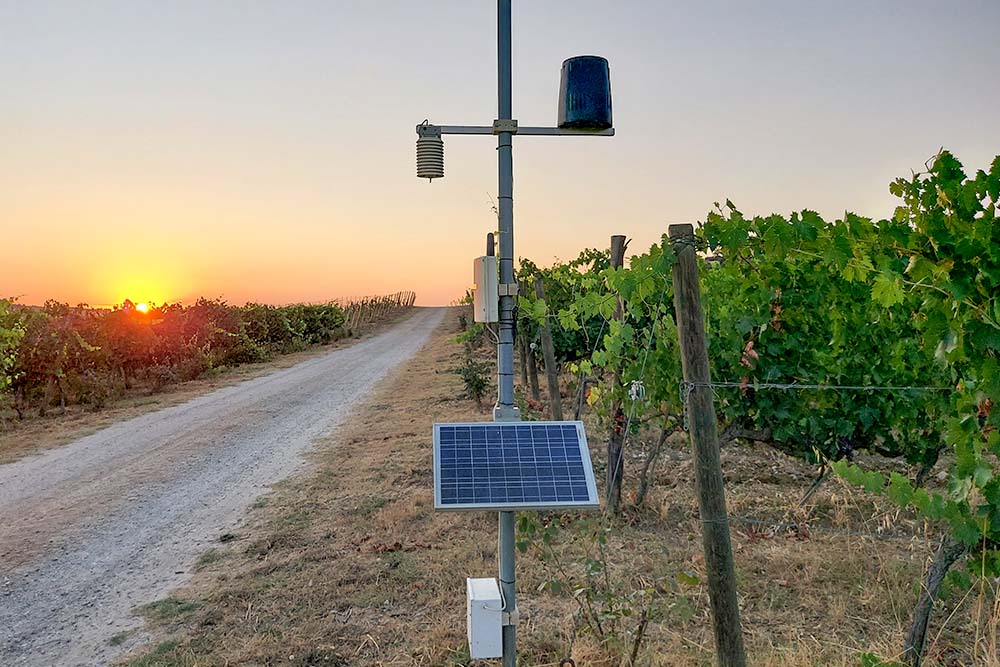
Our commitment extends beyond applying to organic rules and regulations. Our goal is to take further steps to contribute to a healthier world by reducing our impact and working towards circular economy. We have reduced the use of plastic with the aim to become plastic free in the vineyard. For instance, the binding yarn and hooks are made of cellulose material or completely biodegradable.
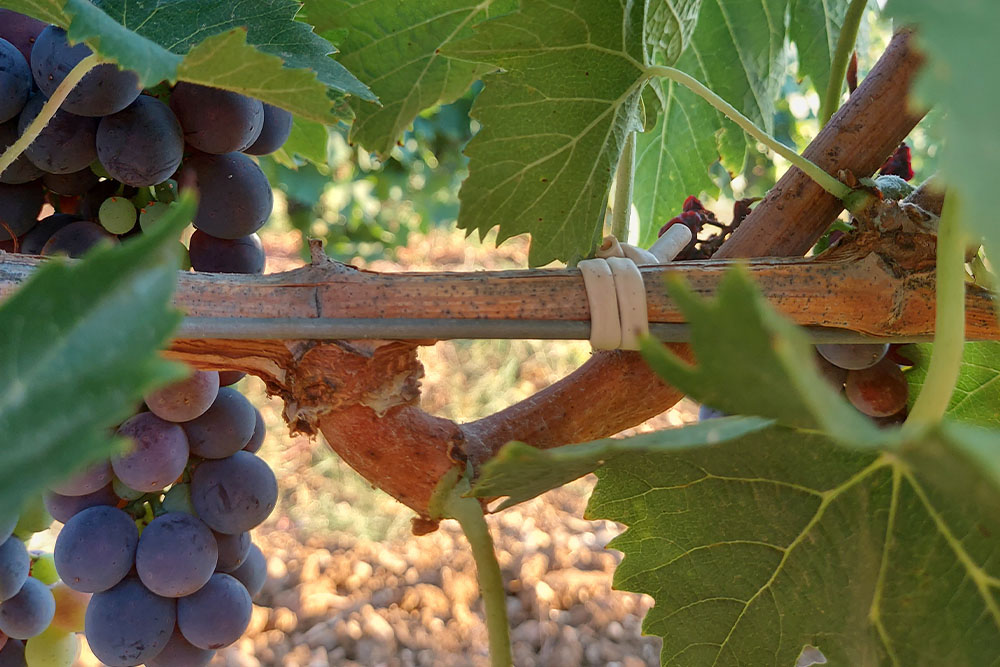
We have chosen suppliers whose philosophy is in line with our way of thinking. So the cork factory is also plastic-free. The glassware is certified ISO 14401 – TÜVRheinland. The cartons and wood boxes come from sustainability managed forests endorsed by PEFC (Programme for Endorsement of Forest Certification schemes) and certified by the FSC (Forest Stewardship Council).
We make extensive use of clean energy thanks to the photovoltaic systems installed in the company and to the electrically-powered company cars four our employees. There are also two recharging points available for our guests, one at La Sala winery and one at Il Torriano farmhouse.
What about the future?
We do know still there is a lot to do. We are working to expand the renewable energy, increase the cultivation of aromatic plants and of multi-year flowers and installing hives for bees.
We are studying a maceration system that allows us to reuse the scraps of olive pruning and vineyard to create compost to be given back to the land. To conclude, we look with interest at some biodynamic practices that we would very much like to include in our growing and production processes.